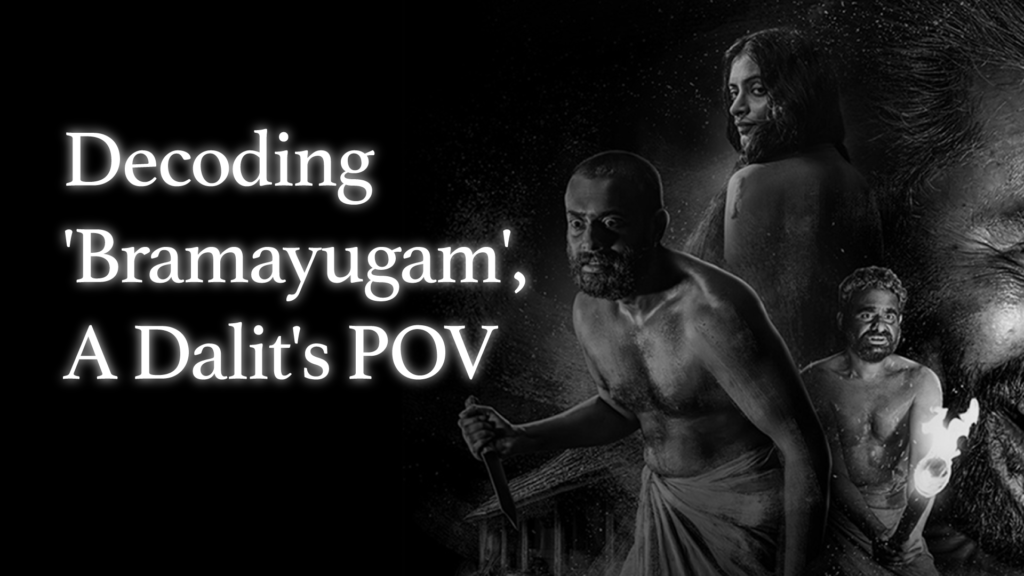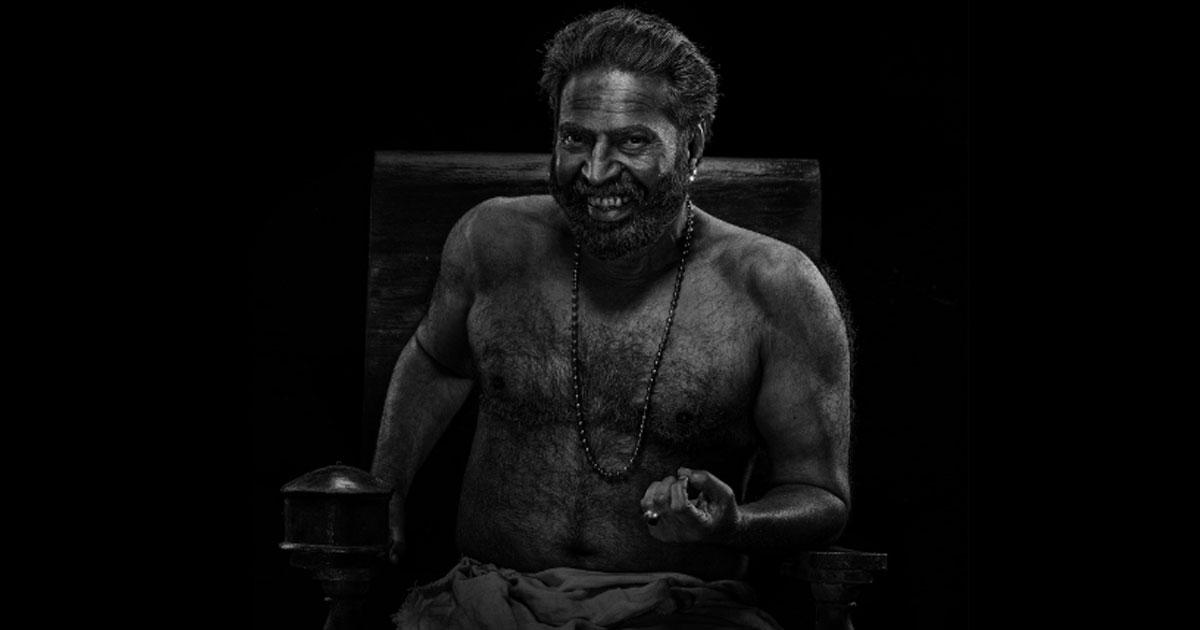
Rahul Sadasivan’s ‘Bramayugam’ offers a cinematic banquet for enthusiasts of the silver screen. With Mammotty’s compelling performance seamlessly intertwined with exquisite cinematography and editing, the film emerges as a strong contender for the coveted Oscar in 2024.
Beyond the reviews, and masterwork involved, the film delves into profound themes of societal hierarchy and power dynamics. The narrative revolves around only three characters: a Brahmin, a cook, and an outcaste.
Themes of a ring, a goblin, and a mansion pervade the storyline. The mansion symbolizes a world where escape is unknown, except through death, while the ring represents the locus of power. The goblin embodies the immortality of power, devoid of its own individuality unless bestowed in the shape of a human.
The Brahmin exerts authoritarian control over his subordinates, with the cook displaying courage in challenging his discriminatory actions. However, the outcaste initially accepts his inferior position until he discerns the Brahmin’s true colors.
An intriguing moment arises when the Brahmin is repulsed by the outcaste’s gratitude to ‘god’ for food, revealing the wide gap between Brahmanism and genuine spirituality. Brahmanism puts itself above all, above the creator himself.
As the story escalates, the oppressed characters conspire to steal the key to freedom, only for the outcaste to become a bait in the cook’s plan. This mirrors the struggles faced by Dalits in India. Despite their joint success, the enslaved cook, unlike the outcaste, seeks to grasp the ring of power into his own hands instead of looking up to a world without hierarchies.
In the culmination of the class struggle, all three characters meet their demise, leaving behind the immortal entity of ‘goblin’ or power. The lifeless body of the outcaste becomes a vessel for power, prompting thoughts on its symbolism by the audience.
The outcaste, despite being an excellent singer, continues to believe he is inferior. While the cook embraces his father’s side of Brahmanical genes, ruling out his mother’s slavery as an outcaste. While the outcaste’s incredible talent could get him nowhere, the Brahmins’ mere genetical ancestry can vest them with power and wealth.


